 I hadn’t been back in the U.S. for even a week before there was yet another social media eruption. One might almost call it “fire and fury.” (See what I did there?)
I hadn’t been back in the U.S. for even a week before there was yet another social media eruption. One might almost call it “fire and fury.” (See what I did there?)
And it kicked off yet another debate about who should and shouldn’t be allowed to use Twitter, etc… including in my Social PR Posse group.
I’m trying not to get political here, but you’re probably not super-surprised that at first I thought Twitter’s somewhat lily-livered response to the President’s tweets was a cop-out.
But as I’ve been continued to chew on this, I think there is something we need to consider (and here is where I might start to get controversial).
So I’m going to throw this out there for debate (hopefully a civil one).
Why should they?
We call Twitter, Facebook, Insta, etc., “social media,” but the fact is: they are NOT media outlets.
They are communication channels, yes.
They are social technologies that allow for mass connectivity, yes.
They make things like citizen journalism and influencer marketing and Social PR possible, yes.
But they are not “the media.”
They have zero obligation to uphold journalistic standards, such as laid out by the Society of Professional Journalists … because they were not created to be journalistic outlets.
I’ve linked to the SPJ Code of Ethics above, but here’s a little of what its members sign on for, summarized:
- take responsibility for the accuracy of (their) work
- neither speed nor format excuses inaccuracy
- be cautious when making promises, but keep promises made
- avoid pandering to lurid curiosity
… and much more.
I highly recommend you read it, maybe even print it out. Certainly if you work in the PR field, it’s a must.
The thing is: social networks were not created to “seek truth and report it,” as journalistic outlets were (and/or are).
Therefore neither do they have a specific responsibility to make others adhere to journalistic standards. It’s simply not their job.
Now, this doesn’t mean they don’t have – in my opinion – an ethical and/or moral responsibility to their various audiences and stakeholders in terms of monitoring and regulating how their platforms are used, in terms of the larger impact they can have.
They absolutely do.
We could debate how they should do that until the cows come home and still not arrive at a consensus.
In fact, many people have (and will continue to do so).
But at the end of the day, these are tech companies, not media outlets.
So let’s stop expecting them to behave as if they are.
I’m going to stop here because I would like to know what you think… and maybe we’ll continue this over a series of posts.
So please drop a comment below. One thing, though: whatever your POV, please make it civil.
![[EVENT]: PR Hacks for Small Biz (online)](https://shonaliburke.com/wp-content/uploads/2021/06/FB-Ad-1200x800-01-01-01-Copy-500x383.jpeg)



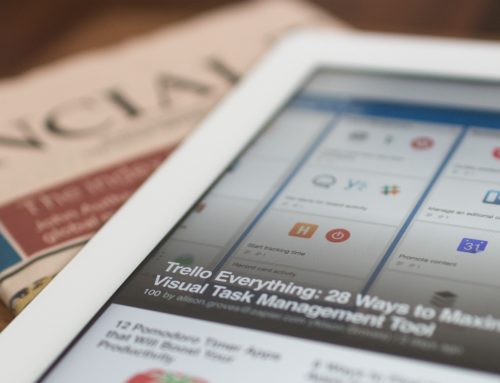
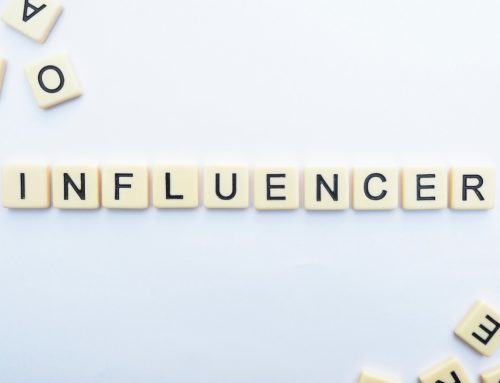
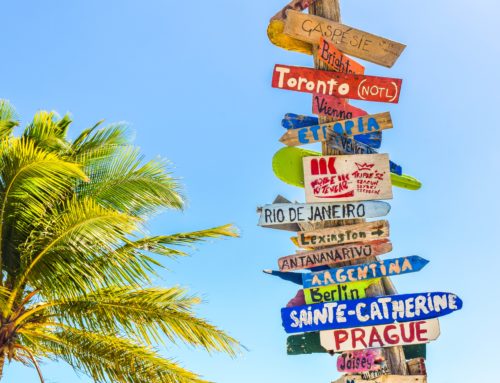
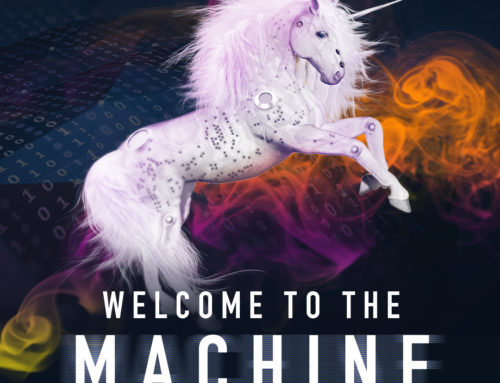
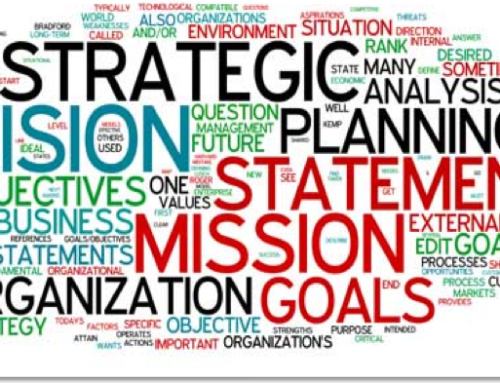
Well done, Shonali! Interesting and relevant takes on this VERY hot button issue!
Thanks, Elise! I know there’s so much to be said on it (and there are a *ton* of people saying it…) but I’m not sure people have actually thought through why social networks were created in the first place.
That doesn’t mean their use can’t or won’t (or shouldn’t) change over time… but I do think we need to stop holding them up to a standard that *possibly* is not appropriate, at least right now.
Good to see you here, my friend!